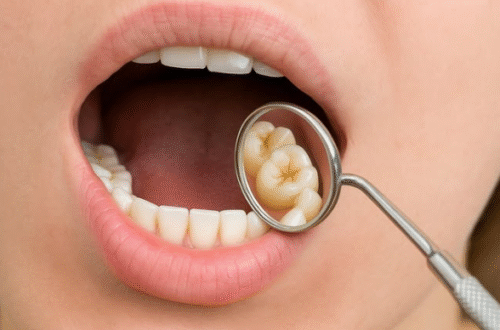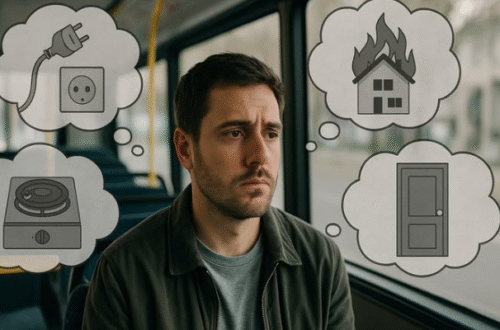You may be hearing about “vitamin D deficiency” quite often, right? There’s a reason for that. This is a problem that affects millions of people around the world, but it often develops secretly inside the body. Vitamin D, which we also call the “sunshine vitamin,” is actually something that our bodies need a lot. Many people think that it is only important for bones. But the truth is, it has a huge impact on our immune system, muscles, and even our happiness. Feeling tired all the time, feeling achy for no reason, and feeling weak for no reason can be signs of vitamin D deficiency. So, knowing about this is very important for everyone who wants to stay healthy.
❓ What is vitamin D? How do you get it from the body?
Simply put, vitamin D is a fat-soluble vitamin that also works like a hormone. There are two main ways we get it:
From the sun: When our skin is exposed to UVB rays from the sun, vitamin D3 is produced in the skin.
From food and supplements: We can get vitamin D2 (from things like mushrooms, foods with vitamin D) and vitamin D3 (from animal foods like oily fish, egg yolks, and supplements).
But here’s the thing: this vitamin D doesn’t start working as soon as it’s taken. It first has to go to the liver and be converted into something called 25-hydroxyvitamin D [25(OH)D]. (That’s what blood tests measure). Then, mainly in the kidneys, it’s converted into the hormone that actually works (calcitriol).
🤔 Why is vitamin D so important? What happens if you don’t get enough of it?
It’s essential for bones: Vitamin D helps the body absorb calcium and phosphorus. If you don’t get enough of it, your bones will weaken. Young children develop a disease called rickets, adults develop osteomalacia, and the risk of developing osteoporosis, which causes bones to weaken.
Helps to resist disease: The body’s immune system, that is, the system that resists disease, needs vitamin D to function properly. If it is not enough, diseases (especially infectious diseases) can easily develop.
Muscle aches and pains: A feeling of weakness and muscle pain are signs of vitamin D deficiency in many people. When vitamin D is in the right amount, the body recovers, and it can also reduce the number of falls, especially in the elderly.
Mental health and brain function: Vitamin D also has a relationship with the way the brain works. It has been found that people who are deficient in it may have a small relationship with things like depression and memory loss.
Other things: Vitamin D levels are also being studied to help control conditions like heart disease and diabetes.
📊 How do you know for sure if you have a vitamin D deficiency?
Doctors check this with a blood test. It measures the amount of a substance called 25-hydroxyvitamin D [25(OH)D]. Levels are usually divided as follows:
Deficiency: Less than 20 ng/mL.
Insufficiency: Between 21 ng/mL and 29 ng/mL.
Sufficiency: 30 ng/mL or higher.
⚠️ Important: Don’t make decisions on your own after seeing your blood test results. To find out exactly whether you have a vitamin D deficiency, whether there is another problem, and what you need to do, you should definitely see a doctor (🧑⚕️). If you have symptoms or think you are at risk, it is a good idea to get tested.
🛡️ How to safely increase your vitamin D levels?
This should be done under the advice of a doctor. The main methods are as follows:
Vitamin D tablets/capsules (supplements): This is the main solution.
To correct the deficiency, your doctor will give you the right dose. Initially, you may be given a slightly higher dose (loading dose – e.g. 10,000 IU D3 once a week), and then a lower dose (maintenance dose – e.g. 1,000-4,000 IU D3 per day).
Take exactly the amount your doctor tells you. Taking more than you need is not good for your liver ⚠️.
You will have another blood test (🩸) in about 3 months to see if your vitamin D levels are normal and adjust the dose if necessary.
Sun exposure: It is only a help, not the main solution.
A short period of time (10-20 minutes) in the sun does not produce much vitamin D in the body. Also, there is a risk of skin burns and cancer, so this is something that should be done carefully.
Food and drink: Just a little help.
It is difficult to make up for a deficiency with food alone, such as oily fish, egg yolks, and milk with vitamin D.
⏳ What can you do to avoid a vitamin D deficiency for life?
Think about your risk of vitamin D deficiency (age, skin color, location, diet, and diseases affect this).
Keep a balance: sunbathe carefully, eat foods rich in vitamin D, and if necessary (especially for those at higher risk), talk to your doctor (🧑⚕️) and take a low-dose vitamin D pill.
See your doctor at least once a year for a check-up.
Maintaining a healthy weight and controlling other diseases also help.
❗ What happens if you don’t take medicine for vitamin D deficiency?
This is not a good idea to just ignore. If this happens:
It can cause serious damage to the bones: osteoporosis, easy fractures (especially in the hip), frequent falls, and persistent pain in the body.
Other problems: getting sick easily, increasing mental problems, etc. This can also affect your quality of life.
☠️ Learn about vitamin D toxicity!
Just like vitamin D deficiency, too much of it (which happens through medication, not from the sun or food) is not good. This is called vitamin D toxicity. Then calcium in the blood increases, which can cause nausea, vomiting, and kidney damage. That’s why you should only take the dose prescribed by your doctor (🧑⚕️).
Don’t forget to share this important information with others! Let’s all stay healthy! 👍





